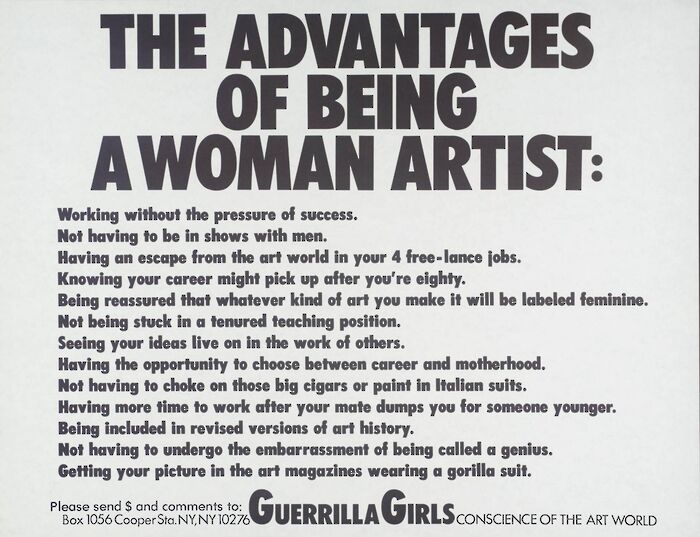Tales of the city, a chosen family
Coral Dalitz reflects on the power of Armistead Maupin’s Tales of the City for a young LGBT+ reader, stirred by the recently released Netflix adaptation

On World Book Day 2015, someone put a book into my hands that changed my life. Armistead Maupin’s Tales of the City series is set in San Francisco, and centres around the lives of the landlady and tenants of 28 Barbary Lane. The series began as a newspaper column, and as such it is written in a very episodic way. As it alights on different moments across the lives of its vast cast, it always offers something fresh and surprising each time. It is also addictive and sometimes even sensational, with plots ranging from the mundane to the melodramatic.
It taught me a lot.
As a queer teenager who knew few other LGBT+ people in real life or even in fiction, Tales of the City was invaluable to me. Maupin’s story spans nearly five decades, and is an incredible and previously unseen opportunity to watch a group of queer people grow and evolve. To me, the characters weren’t role models but a hapless group of friends from whom I could learn, deciding which mistakes to avoid and which to emulate. I also love Maupin’s concept of a logical (as opposed to biological) family: something that you choose for yourself. After reading about 28 Barbary Lane, I stopped aspiring to fit in and started aspiring to find or make my own community where fitting in and standing out weren’t in conflict.
To me, the characters weren’t role models but a hapless group of friends
Unlike books that feature a single LGBT+ character as the exception, in this series there is no “norm” to deviate from. With queer characters of every generation and vastly varying personalities, multiple trans characters, lesbian characters, bi characters, even the odd token heterosexual, stereotypes are both embraced and abandoned. There is no single way to be queer; the only rule is to live fully and unapologetically in the way that feels most natural to yourself.
Crucially, Anna Madrigal was the first trans person I met – and I say “met” on purpose. She is written with such energy and vivacity that she really lives on the page, and it is impossible not to love her. To this day there is a dearth of well-written, positive trans representation in fiction. Visiting Gay’s The Word in London in 2019, one of the only specifically LGBT+ bookshops in the United Kingdom, I struggled to find any novels with a trans protagonist. Trans characters, when they exist, tend to be sidelined by cis authors, and their stories are often crude, clichéd and overwhelmingly miserable; no happy endings allowed. So it still astonishes me that Maupin wrote this fantastically warm portrayal of a trans woman as early as 1978.
The Netflix adaptation, launched last Friday, brings the story into the present. As I write this, I confess I am only four episodes in, rationing myself to spend as much time as possible with the characters. The storylines sometimes diverge from the books, but this can only be a good thing: The Tales is full of mysteries to be solved, and I’d rather not know the answers in advance. The essence remains the same however. The more ethnically and gender-diverse cast also creates new tensions to explore and many moments that speak loudly to a modern audience.
To this day there is a dearth of well-written, positive trans representation in fiction
Margot and Jake, trying to navigate their relationship while Jake’s sense of self is shifting dramatically, share dialogue that could easily have come out of my own mouth at times. When Michael takes Ben, his younger boyfriend, to a meal with some older gay men who survived the AIDS epidemic, the generations clash over political correctness and questions of what it means to be oppressed – almost spookily similar to interrogations I’ve undergone from older people who have important stories to tell but believe that their experience of oppression is the only one. A few cast members are reprising their roles from the 1993 television adaptation, and they are visibly at ease with their characters. I’m looking forward to seeing how their stories continue to unfold. Maupin’s magic is that he makes you feel like part of the story, and I for one look forward to stepping back into his world.
 Comment / Cambridge students are too opinionated 21 April 2025
Comment / Cambridge students are too opinionated 21 April 2025 Interviews / Meet the Chaplain who’s working to make Cambridge a university of sanctuary for refugees20 April 2025
Interviews / Meet the Chaplain who’s working to make Cambridge a university of sanctuary for refugees20 April 2025 News / News in brief: campaigning and drinking20 April 2025
News / News in brief: campaigning and drinking20 April 2025 Comment / Cambridge’s tourism risks commodifying students18 April 2025
Comment / Cambridge’s tourism risks commodifying students18 April 2025 Comment / Cambridge’s gossip culture is a double-edged sword7 April 2025
Comment / Cambridge’s gossip culture is a double-edged sword7 April 2025






